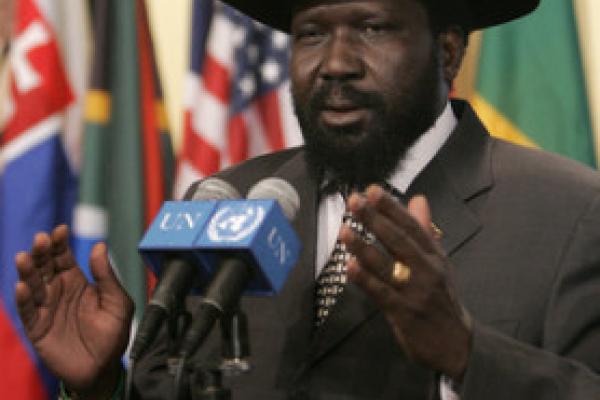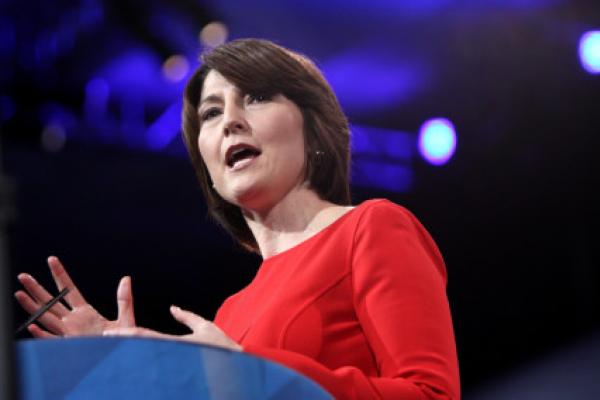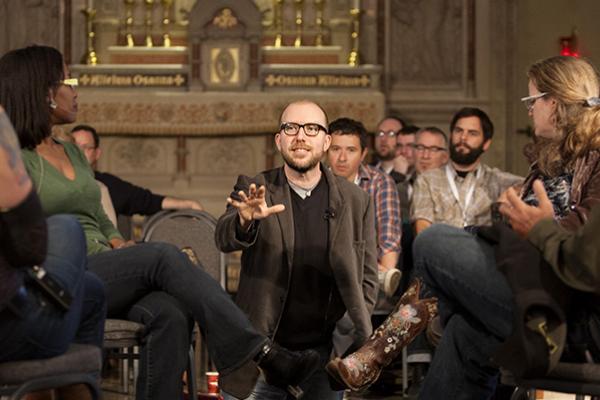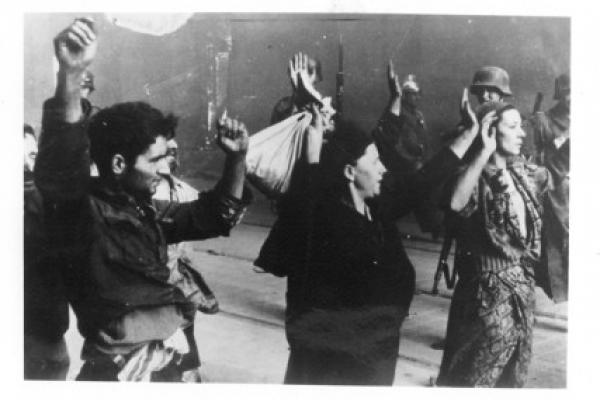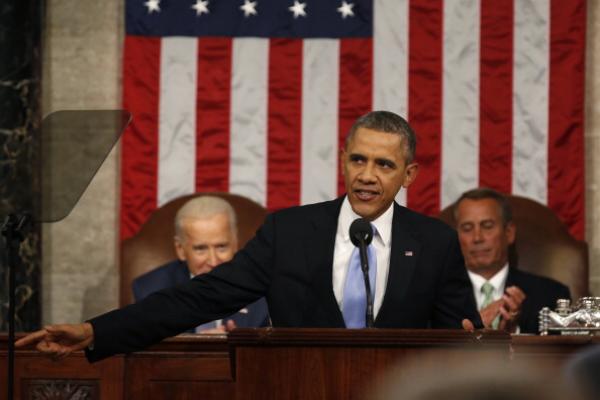Energy policy and climate change action are inexorably linked, like two oxen in a yoke.
The trouble with this set-up is that while climate action tends to look straight ahead, energy policy is apt to veer off on any number of paths, some of them quite well-meaning, like job growth or “energy independence.”
Last night’s State of the Union address by President Obama was, I’m afraid, one such experience for climate action, which compared to the huge bull of energy issues is a yearling at best. The yoke between energy and climate did get mentioned by the president, but the yoke pressed toward economic growth, the paradigm which many argue is responsible for our ecological crisis in the first place. It’s enough to strain a vertebra.
African church leaders are urging parties in the South Sudanese conflict to respect places of worship, after rebels attacked and looted church compounds in the town of Malakal.
The Roman Catholic Cathedral of Malakal was looted at gunpoint, forcing priests, and civilians to flee, a regional church leader said.
Catholic and Presbyterian churches, a hospital and an orphanage have become safe havens for refugees escaping the fighting in the city.
“I came to know myself what it means to be asked for something under the threat of a gun when a group in uniform stopped me on the way from the hospital to the church,” said one Catholic priest, who did not give his name because he fears for his safety. “They blocked me and took my watch and a key.”
President Obama touched on several hot button issues as he addressed the economy, immigration, and gun violence in his State of the Union on Tuesday.
Responding for the GOP, House Republican Conference Chair Cathy McMorris Rodgers, R-Wash., hinted at a term that has faded from Republican rhetoric in recent years: compassionate conservatism. Compassionate conservatism is a the idea that the government should use traditionally conservative strategies to improve the general welfare of society.
“We believe in a government that trusts people and doesn’t limit where you finish because of where you started,” she said. ”That is what we stand for – for an America that is every bit as compassionate as it is exceptional.”
Doug Pagitt and Tony Jones have been at this whole church leadership thing for a while now. As two of the voices at the forefront of the emerging Christianity movement, they are visionaries, strategists, and hands-on practitioners who, as much or more than anyone, have wrestled with the complex and persistent question of what tomorrow’s Christian faith looks like.
For one thing, there’s an emphasis on the word movement: ideas, communities, and understanding of what it means to be engaging a Christ-inspired faith in relevant ways is forever in flux. As such, certain contemporary iterations of the Christian tribe have been criticized for being ill defined or for too easily accommodating cultural trends.
But if Christianity is being true to the one from whom its name is borrowed, it will undoubtedly be countercultural. Any practice that has at it’s core mantras like “it’s not all about you,” or “community need trumps personal gain” will find a skeptical audience in popular culture. Jones and Pagitt are far less interested in offering church leaders a novel attraction gimmick to fill their struggling churches. Rather, they are focused on helping visionaries, activists, and theologians discern what it means to be a follower of Jesus in the 21st century.
That’s why they created the Christianity 21 Conference, part of what Pagitt describes as the Generous Christianity Movement.
Venture capitalist Tom Perkins took a beating by his former employer for likening today’s class warfare to the Holocaust, with the mega-wealthy 1 percent as victims of “Nazi” repression.
In what The Wall Street Journal obediently termed a “Progressive Kristallnacht,” the grand old man of Silicon Valley said those who criticize wealth inequality are like Nazis pursuing “class demonization.”
The firm he founded, known as Kleiner Perkins, immediately disavowed the 82-year-old Perkins, saying, “We were shocked by his views expressed today in the WSJ and do not agree.”
Conception. Pregnancy. Abortion. Abortifacient.
Those words today are in a rhetorical swamp where contesting religious, medical, and political views muddy understanding. And soon the U.S. Supreme Court will wade in.
On March 25, it will hear challenges to the Affordable Care Act’s provision that employers must provide insurance coverage with no co-pays for contraception.
Editor's Note: The following is President Obama's State of the Union speech as prepared for delivery. Read Sojourners President Jim Wallis' statement HERE.
Mr. Speaker, Mr. Vice President, Members of Congress, my fellow Americans:
Today in America, a teacher spent extra time with a student who needed it, and did her part to lift America’s graduation rate to its highest level in more than three decades.
An entrepreneur flipped on the lights in her tech startup, and did her part to add to the more than eight million new jobs our businesses have created over the past four years.
An autoworker fine-tuned some of the best, most fuel-efficient cars in the world, and did his part to help America wean itself off foreign oil.
A farmer prepared for the spring after the strongest five-year stretch of farm exports in our history. A rural doctor gave a young child the first prescription to treat asthma that his mother could afford. A man took the bus home from the graveyard shift, bone-tired but dreaming big dreams for his son. And in tight-knit communities across America, fathers and mothers will tuck in their kids, put an arm around their spouse, remember fallen comrades, and give thanks for being home from a war that, after twelve long years, is finally coming to an end.
Tonight, this chamber speaks with one voice to the people we represent: it is you, our citizens, who make the state of our union strong.

